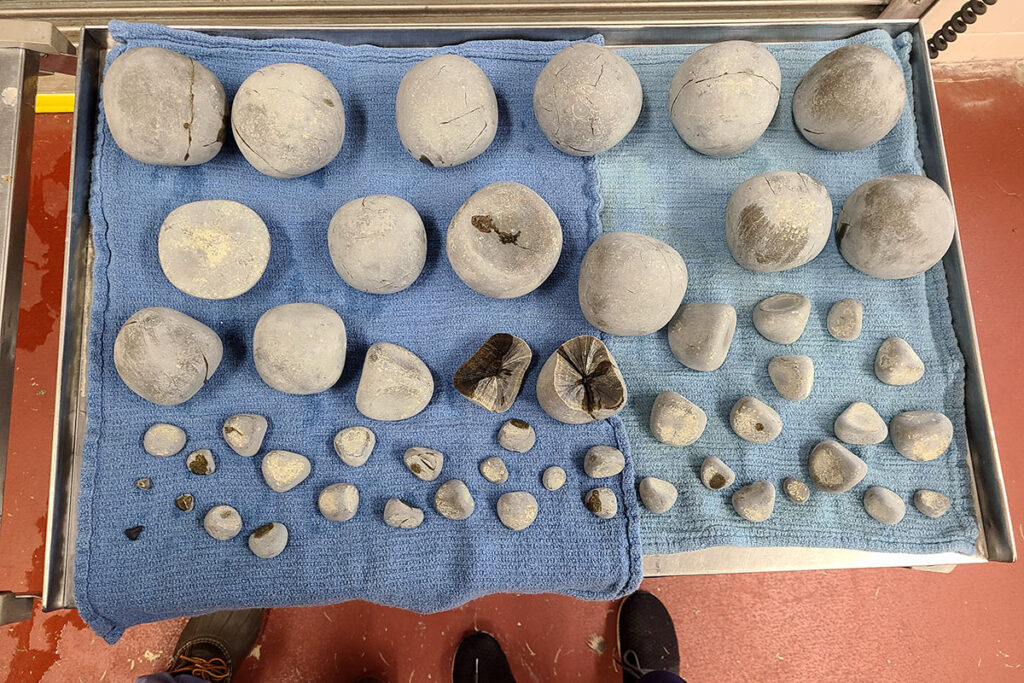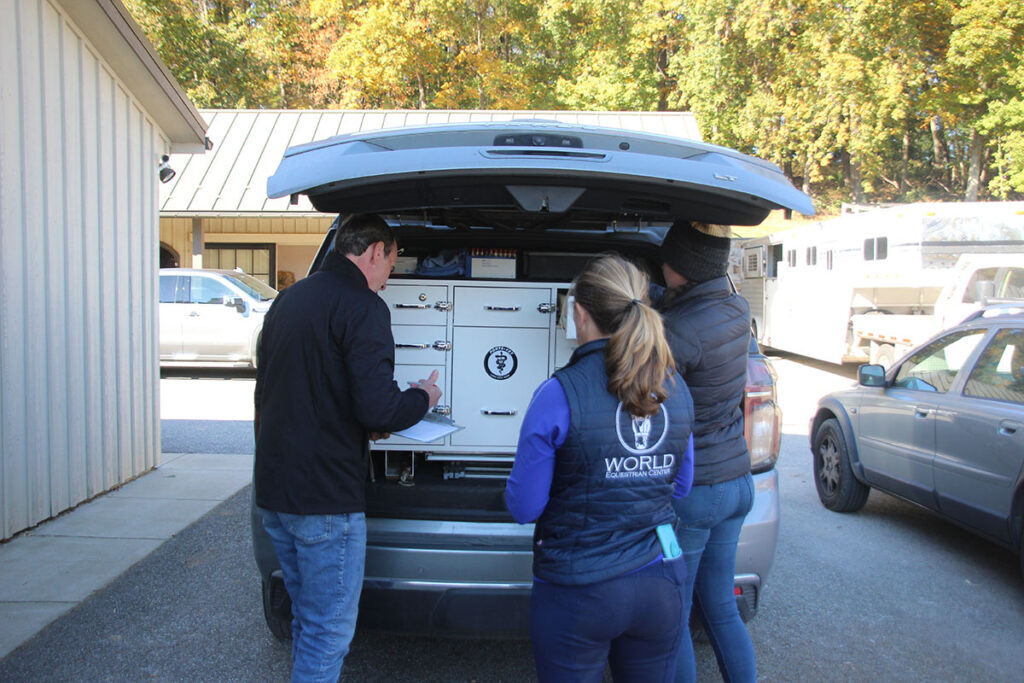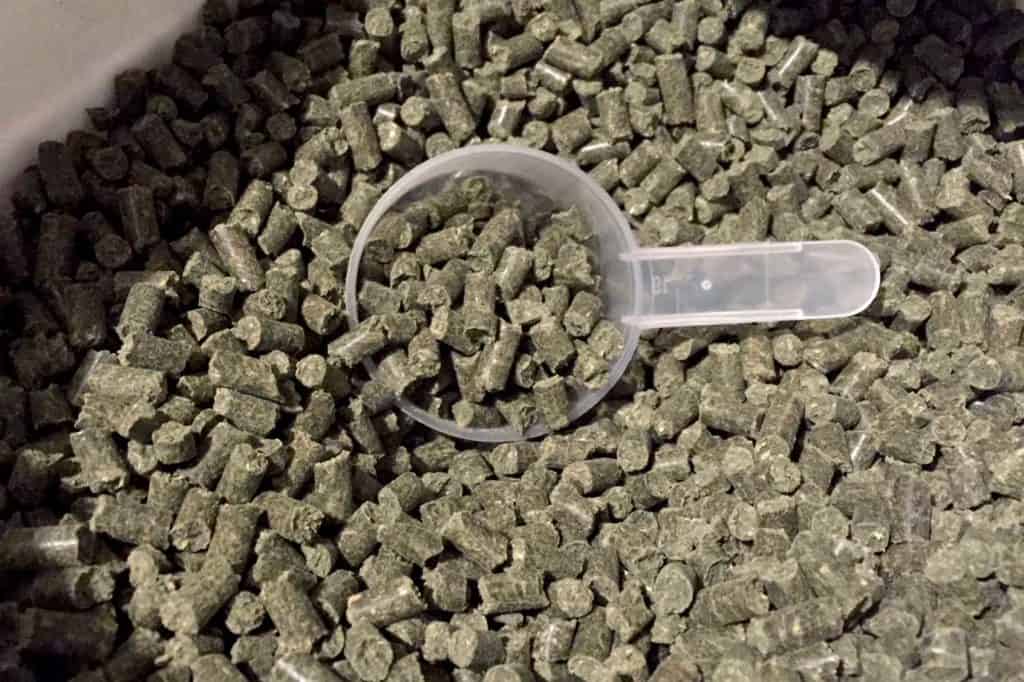
Nutrition and Recovery for Eventing (and Other Hard-Working) Horses
Restoring muscle glycogen, rehydrating, and ensuring a horse’s diet offers enough vitamin E all help with recovery after strenuous exercise.
Proper feeding practices for foals, adult horses, and older horses

Restoring muscle glycogen, rehydrating, and ensuring a horse’s diet offers enough vitamin E all help with recovery after strenuous exercise.

Electrolyte loss through sweat can lead to dehydration, fatigue, and poor recovery. Here’s how to support your horse’s health during work and warm weather.

Where do free radicals come from, and how do antioxidants regain control of these wayward molecules? We answer these questions and more.

Nutritional evaluations take the guesswork out of whether your horse is consuming a balanced diet.

Evaluate how supplements can fit into a complete equine management program.

These 6 steps can help transform your horse’s topline from underdeveloped to well-toned.

What are enteroliths and what happens if your horse has one (or several)?

Grass sugar content fluctuates with the time of day, season, and weather. Timing turnout for horses with EMS, IR, or a history of laminitis can help prevent problems.

Learn what nutrients are in your senior horse’s feed and why his body needs them.

Veterinarians can guide horse owners in choosing supplements by assessing diet first, identifying the horse’s needs, and then recommending evidence-based ingredients.

Learn which calming supplement ingredients work and things to consider before choosing or administering a product to your horse.

Use SMART supplementation strategies and the ACCLAIM system to find a quality product.

Scientists are studying the safety, efficacy, mechanisms of action, and pharmacokinetics of equine nutritional supplements.

Your horse needs essential nutrients from the diet to stay healthy. An equine nutritionist explains how to meet those needs through proper feeding.

Horses need a variety of minerals in their diet to support basic system function and overall health. Find out how to be sure your horse is getting them.

Equine metabolic syndrome (EMS) is a metabolic disorder in horses that can cause obesity, insulin dysregulation, and laminitis. Sponsored by Equithrive.
Stay on top of the most recent Horse Health news with
"*" indicates required fields